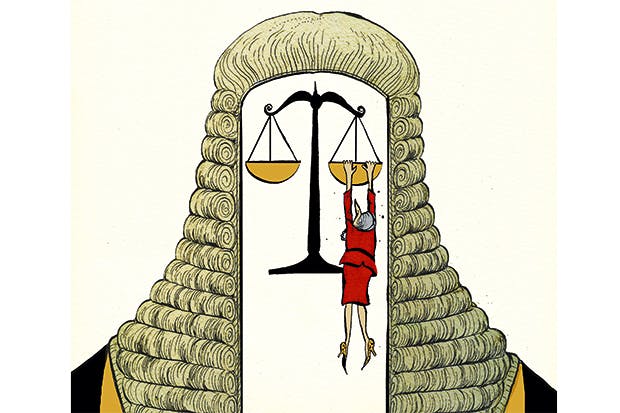Faced with the prospect of the UK’s departure from the EU, some Britons are contemplating urgent measures, whether applying for an Irish passport or migrating to New Zealand. Nothing wrong with either, of course, but the latter is an odd reaction. After all, one of the implications of Brexit is that it restores the fundamental similarity between the structure of government in the UK and New Zealand, the last two bastions of the Westminster constitution. In both countries, parliamentary sovereignty is fundamental and judges do not reign supreme. EU membership has long complicated this picture, with the UK subject to binding European law, enforced by the confident and inscrutable – not to mention largely unaccountable – Court of Justice.
Whatever consequences Brexit may have for economic growth and trade policy, the constitutional restoration it helps bring about should not be a concern. The UK knows how to exercise self-government by way of parliamentary democracy without European judicial review.

Get Britain's best politics newsletters
Register to get The Spectator's insight and opinion straight to your inbox. You can then read two free articles each week.
Already a subscriber? Log in






Comments
Join the debate for just £1 a month
Be part of the conversation with other Spectator readers by getting your first three months for £3.
UNLOCK ACCESS Just £1 a monthAlready a subscriber? Log in